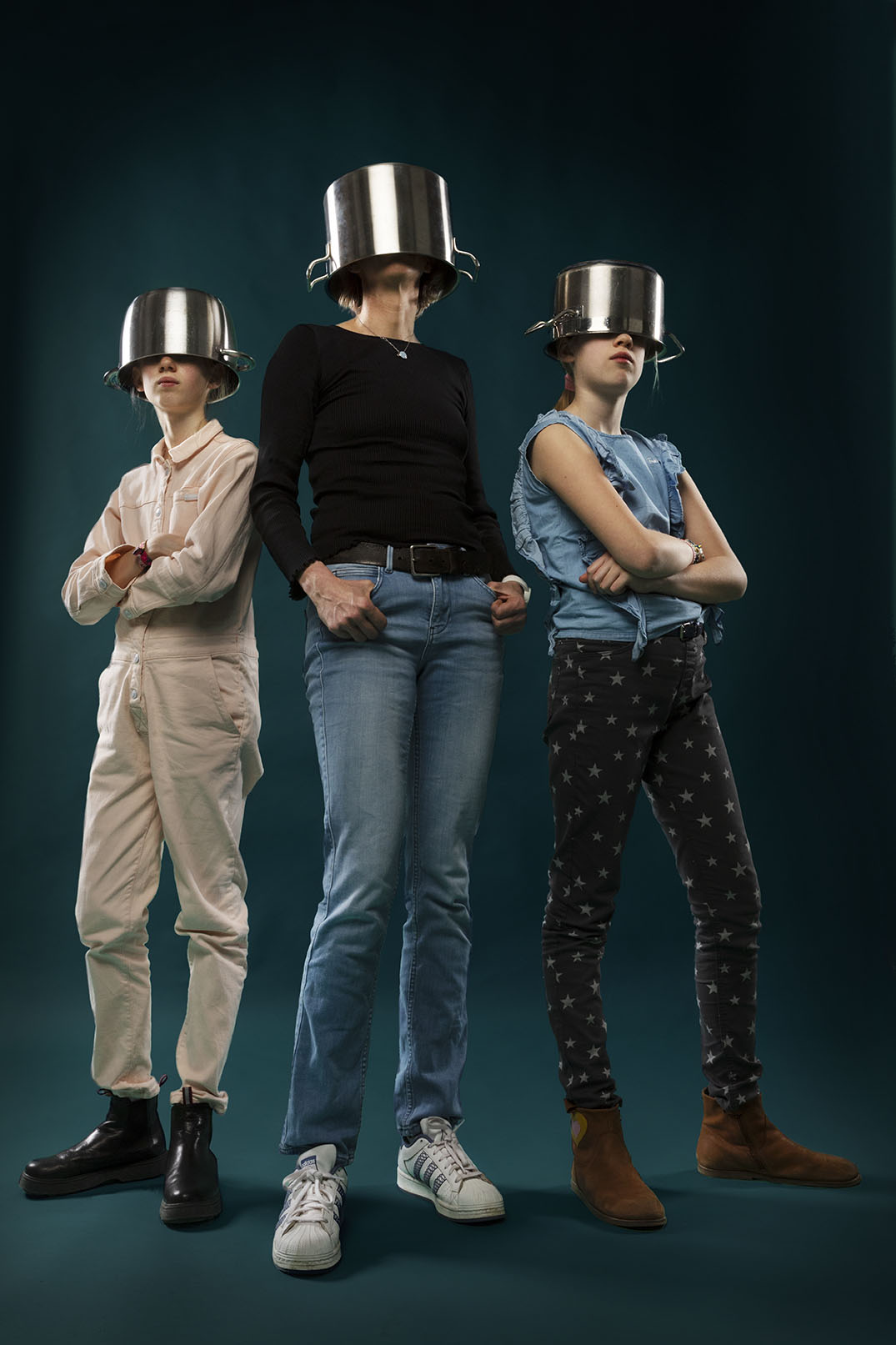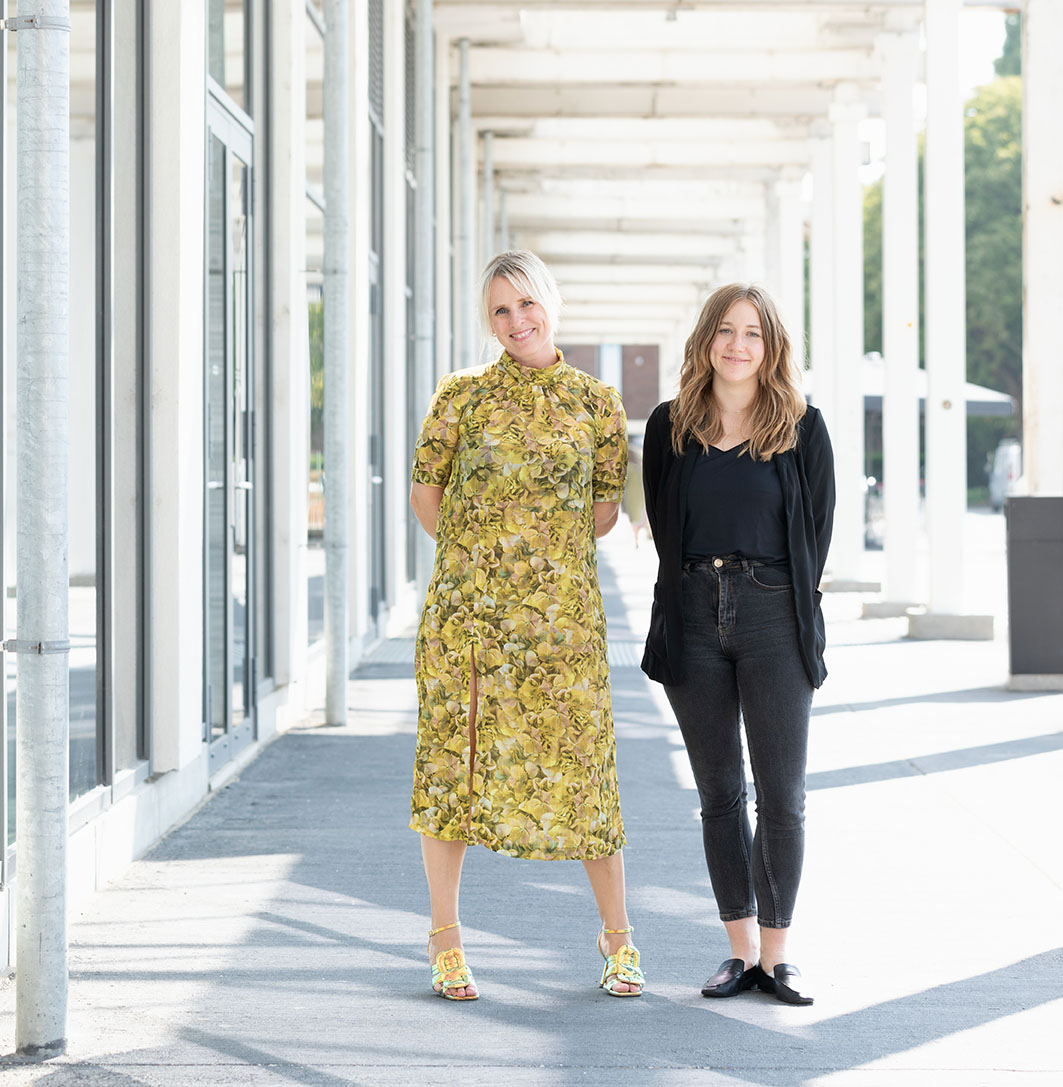The last 'nerve doctor' in the Netherlands
These are festive times for Frans Verhey, professor of Geriatric Psychiatry and Neuropsychiatry. Last year was the 20th anniversary of the Limburg Alzheimer’s Centre (ACL), which he founded; this year he will not only retire but also celebrate 40 years with his wife. He is proud of what the ACL has achieved and of its team, which works tirelessly to improve the quality of life of people with Alzheimer’s. “Alzheimer’s tends to be seen as a horrible, deadly brain disease that makes life unbearable. But with the right support and care, you can often still have a meaningful and enjoyable life.”
Verhey has devoted his entire career to dementia. Much has changed over the course of four decades. “During my neurology training, people with dementia and their caregivers were practically outcasts. Not much was known about dementia and things were poorly organised. The ‘treatment’ consisted of muddling along at home until that was no longer possible and then moving to a nursing home, assuming there was room. In the event of a crisis you were brought to the hospital—usually with some excuse, because dementia alone wasn’t enough to get you admitted—and you waited there for a place in the nursing home. The medical staff were almost hostile because the patients were often stuck in the hospital for over six months. I felt sorry for them; it really struck a chord with me. You can’t treat people like that. Not much was known about what was happening in the brains of people with dementia, and they didn’t receive the care and understanding they needed. Nursing homes weren’t overly concerned about wellbeing or quality of life either. Thankfully, all that has improved enormously: the genuine care, the understanding, the context. Much more attention is now paid to a person’s needs.”
The last zenuwarts in the Netherlands
Verhey studied medicine in Amsterdam and became intrigued by neurology and psychiatry. He decided to train as a zenuwarts, or ‘nerve doctor’, in Utrecht. “Actually a very old-fashioned programme. People used to think psychological problems were invariably related to brain disorders. I was especially interested in the intersection between neurology and psychiatry: diseases of the brain that also affect the personality and psychological functioning. I was one of the last students to start the programme in 1982. I’m now the last of the old breed in the Netherlands.”
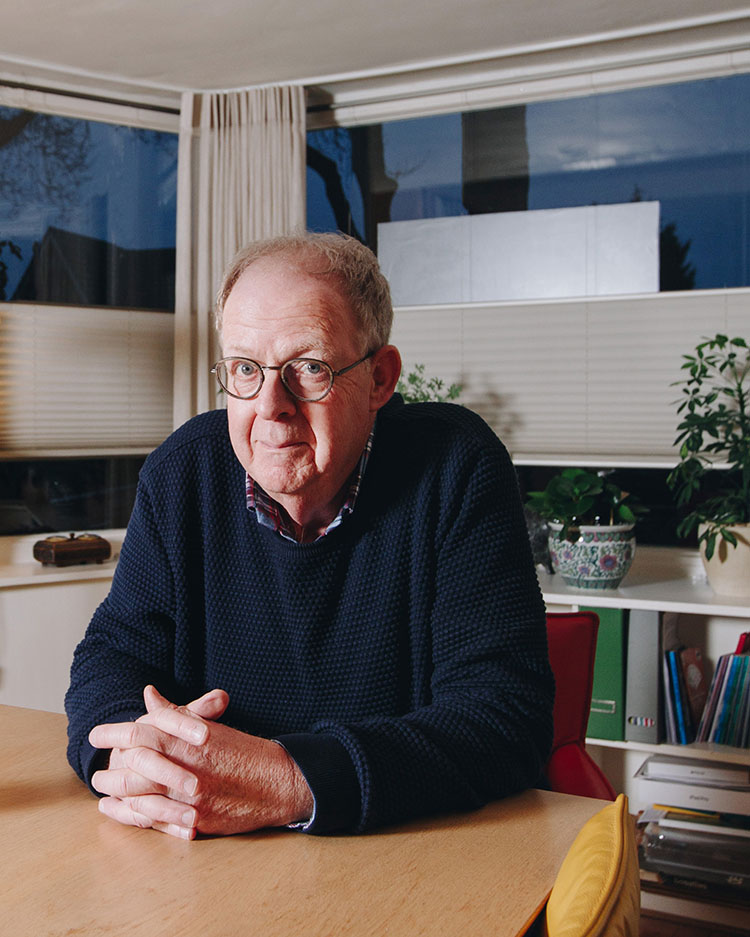
Frans Verhey, professor of Geriatric Psychiatry and Neuropsychiatry, is the co-director and founder of the Limburg Alzheimer’s Centre. He was a long-serving board member of the International Psychogeriatric Association, INTERDEM and the European Alzheimer’s Disease Consortium, and (joint) project leader of major national and international studies, including INDUCT (a Horizon 2020 Marie Curie Innovative Training Network), JPND Actifcare and COGNISANCE. Verhey has supervised more than 70 PhDs and has over 650 publications to his name.
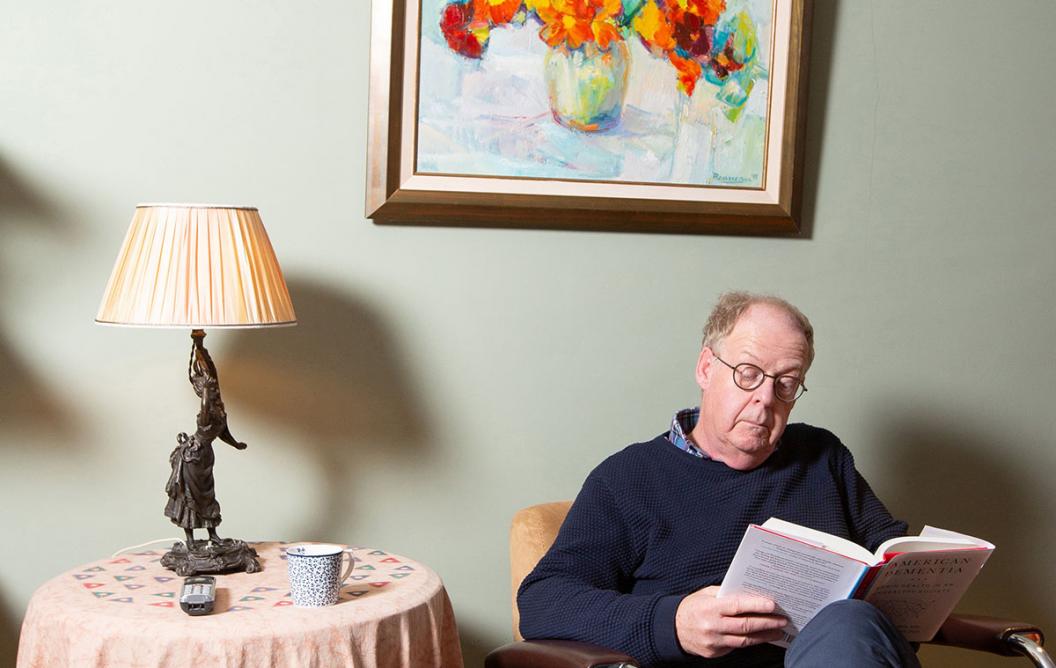
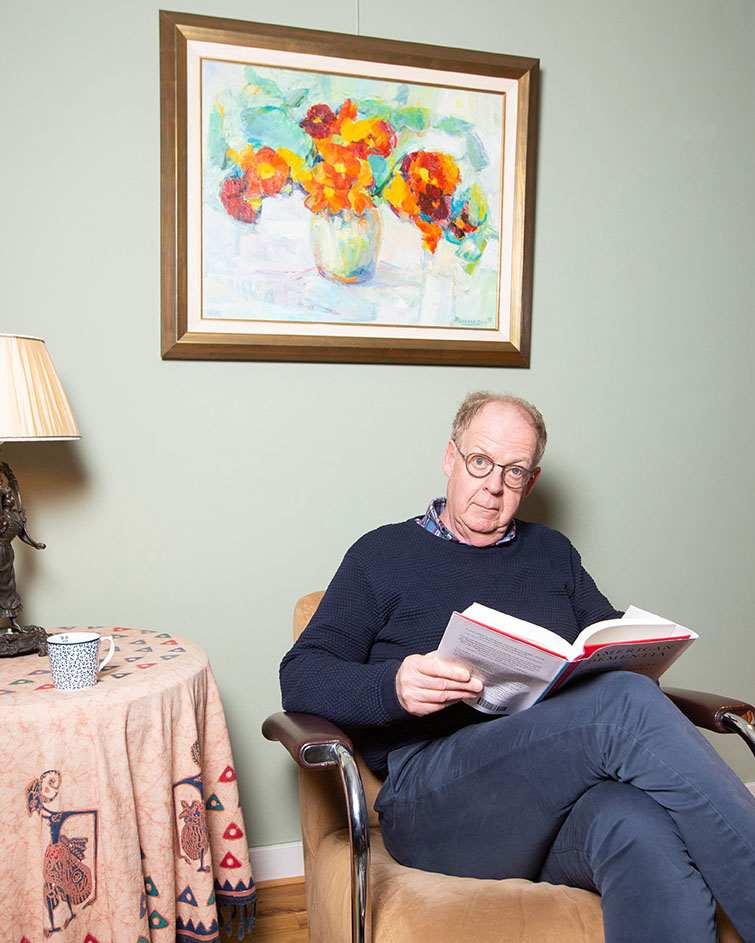
Verhey was, in effect, following in his father’s footsteps. In the mid-1960s his father co-founded the hospital psychiatric ward, and he too became a professor. “That said, it wasn’t an obvious path for me; I had to find my feet. My father was more of a general psychiatrist. I was particularly interested in the neurological side.”
Verhey and his twin sister were the third and fourth in a family of six children that lived in the centre of Maastricht. “A lovely family, we’re all close. It was expected that we’d go to university.” His mother died of adrenal cancer at the age of 43. “At the time, I’d been studying in Amsterdam for just a few weeks. She’d been ill on and off for six years, but still her death came as a shock. We didn’t know she was terminal, and my father, who did, found it hard to talk about. After her death, he was quite lost. At some point he got back on the rails by doing a PhD. When he married his former secretary a few years later, we children were very happy for him.”
Dementia is the flip side of getting old
In 1993, Verhey defended his PhD in Maastricht on dementia, memory and depression. His supervisor, Jelle Jolles, had been made a professor in 1986 and was tasked with establishing a centre for ageing. He asked Verhey to lead the dementia research. “Straight away we launched the country’s first memory clinic, which grew into what is now the ACL. From an academic perspective, it was a huge opportunity.
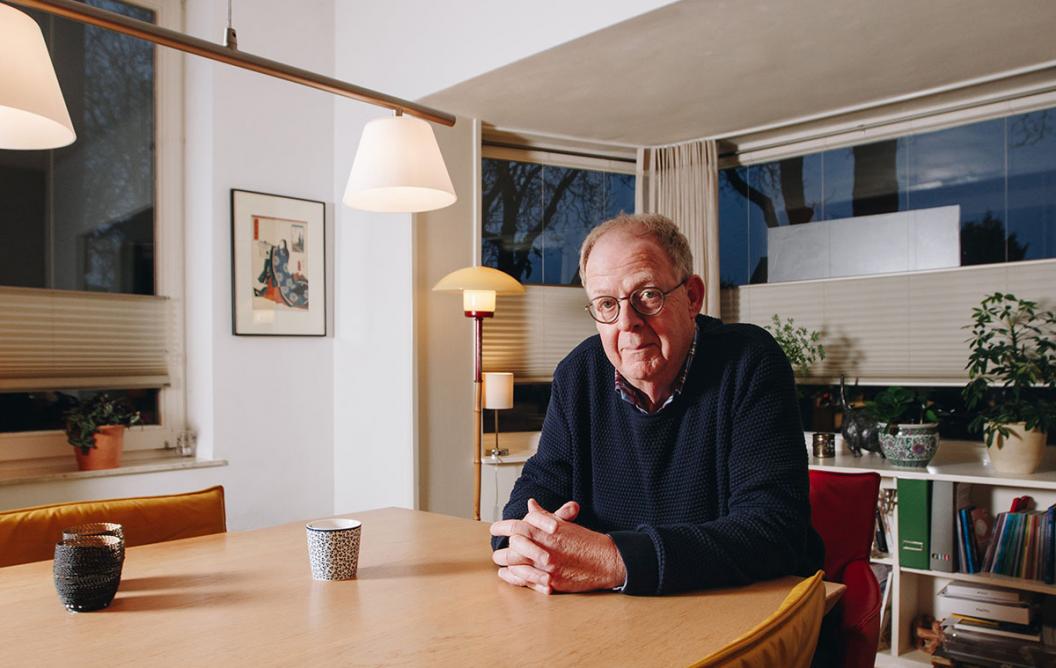
Milestones
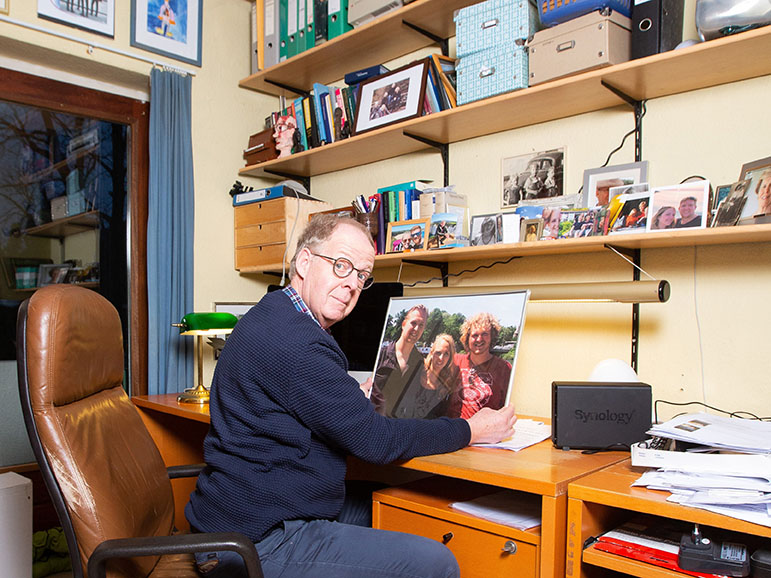
For Verhey, this year is full of milestones. It has been 40 years since he met his wife, and that’s something to celebrate. “She’s from Tilburg, but I met her in Amsterdam through a mutual friend in my student house. It was love at first sight. She’s a nurse and together we have three children, two of whom also work in nursing. Apparently you pass that on. My father always thought I should study economics, but I wasn’t interested. I wanted contact with people, which is also why I chose neuropsychiatry over surgery.”
In May he will reach retirement age—is that cause for celebration? “For sure, I hope the corona rules allow it. I’m proud of what I’m leaving behind: a great team of talented people who view Alzheimer’s in a nuanced way. Good work has been and is being done on early diagnosis and biomarkers, prevention and psychosocial research. I’m glad to have made my contribution, but I’ll also be happy not to have such a full schedule any more. For the time being, I’ll stay on one day a week to help complete a few PhD projects and an international project. And I’ll see what the future holds—maybe a painting course. Definitely a hike to Santiago de Compostela.”
Also read
-
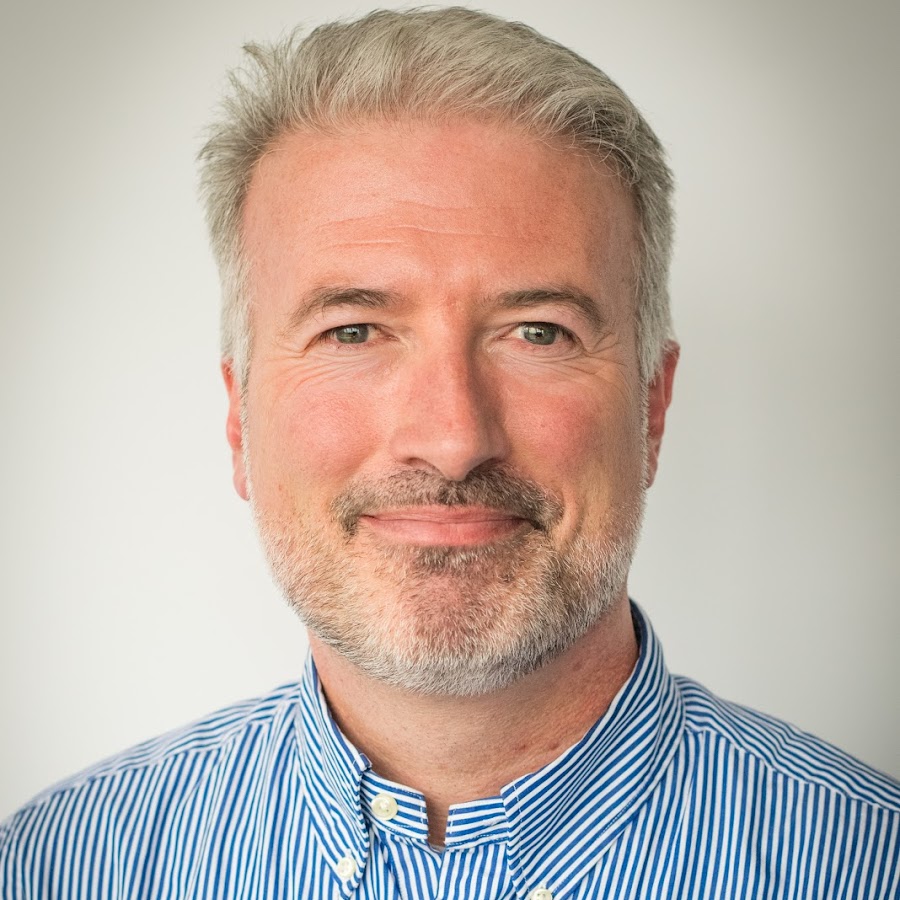
Frederik Claasen, the head of policy at our partner organisation Solidaridad Network on the opportunities and obstacles facing smallholder farmers in their data ecosystems.
-
Anne Roefs was awarded a Vici grant of €1.5 million. The professor of Psychology and Neuroscience of Abnormal Eating, was tossing up between a career as a scientist or a top chef.
-
Ann Meulders, associate professor of Experimental Health Psychology, is working on a Vidi project focusing on pain avoidance, a proven predictor of chronic pain. As her PhD candidate Eveliina Glogan demonstrates in her dissertation, an important mechanism behind the generalisation of pain avoidance...
- in Featured
- in Human interest
- in Researchers
- in Students
